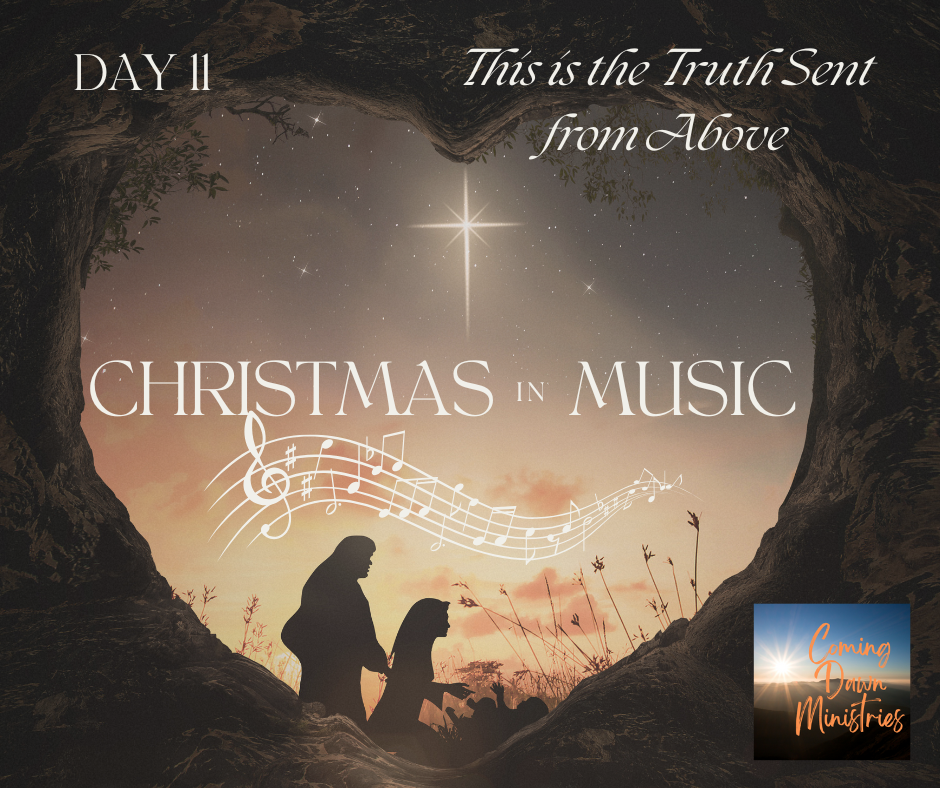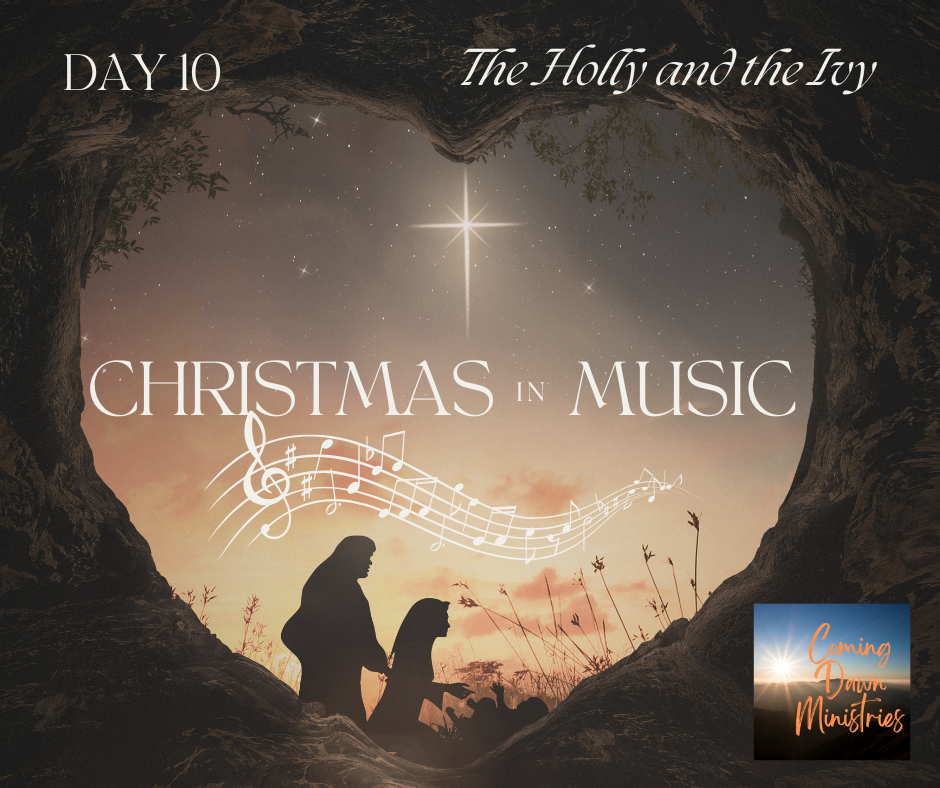The Almond Blossom
- Renée Coventry
- Jul 25, 2020
- 5 min read
The almond. What on earth could a nut have to do with Israel, and can America learn anything from it? Many biblical scholars believe the almond is representative of resurrection or, due to its outer skin, representative of our spirits encased in flesh. Some, of the nation of Israel itself. However, I would like to propose something different. I believe it is indicative of God's remembered word.
In Scripture, there is a place often overlooked. Its name was changed, and it would be of incredible importance to the nation of Israel. That city is Luz - better known as Bethel. Interestingly, the name Luz means "almond tree," and it is at this location that Abraham sets up an altar to God and is the sight of Jacob's ladder where God reaffirms His covenant with Jacob, who changes its name to Bethel, "House of God."
Bethel will play an intricate part in the developing nation, and so will the almond. In Exodus 25, we find that God instructs that the bowls of the golden lampstand in the tabernacle be fashioned as almonds. In Numbers 17, God solidified Aaron's role as High Priest when God caused Aaron's rod to bud and yield almonds.
Approximately one thousand years after Jacob, Jeroboam would become king over the nation of Israel, after its split from Judah. In I Kings 12, we're told that Jeroboam, in his insecurity and pride, would place a golden calf at Bethel for the Israelites to worship rather than have them return to Jerusalem to worship in the temple. Within a couple of centuries, Hosea would use Bethaven, "House of Vanity," Bethel's neighboring city about Bethel itself because its idolatry was before God's face. Of it, Hosea would declare that the children of Israel were playing the harlot and shouldn't bother to approach God in that place.
And yet over a century later just before the nation was sent into captivity, we find something that speaks to the awe-inspiring character and nature of God. God has called Jeremiah the prophet, and one of the first things God asks Jeremiah is, "What do you see?" Jeremiah's response is, "I see a rod of an almond blossom." God tells Jeremiah that he has seen well because God watches over His Word to perform it (Jer. 1:11).
Here's the thing: at the place of the almond tree (Luz), Abraham built his altar to the Lord in recognition of their covenant (Gen. 12:8-9). Remember, Jacob was the one who changed its name to Bethel. God honors this covenant by causing Aaron's rod to blossom with almonds, and then God fashions the lampstand of the tabernacle, His light, as the almond. By doing this, God was placing Israel and Himself in remembrance of His word to and covenant with Abraham. And years later, even amid the Israelites' idolatry, God looks back with the prophet Jeremiah and says that He is yet watching over His Word to hasten it. Luz, aka Bethel, the House of God, had become like Bethaven, full of vanity and idolatry, and what is God thinking of even as He is preparing to send them into captivity? His covenant. I stand in awe of God's character and nature. His love for His people. He is not writing them off. He is reassuring this weeping prophet that His word and covenant will be fulfilled in the lives of His people - those who like their father Israel will meet with God face to face yet be preserved, though marked forever in the meeting.
It should be noted that we, as Americans, have done the same thing. We came here, not faultless by any stretch of the imagination, but with a desire to worship and be as a city set on a hill. Our Declaration of Independence and Constitution are a reflection of our Biblical values and freedom in Christ, and our nation's birth was nothing short of miraculous. Yet centuries later, we have become a nation steeped in idolatry, offering our children up for abortion in the name of convenience, worshipping ourselves, and in doing so, giving the enemy a foothold to bring about destruction. Yet God is still watching over His Word to us as Americans, as He did for the Israelites.
There remains a remnant. There remain a people of God who choose to worship in spirit and truth. There are yet those who refuse to bow their knee to any other. There are yet those who meet with the Lord and live in His presence, forever changed and marked by the cross and resurrection of Christ, awaiting His soon return. To these, I remind you that all of God's promises are yes and amen to those in Christ (2 Cor. 1:20).
To those who have turned their backs, I say, the Lord's hand is not shortened that it cannot save, but there must be a return. Both Abraham and Jacob returned to Bethel (Luz) before stepping into the promises of God. The question is, will you? 2 Chronicles 7:14 tells us that "If My people who are called by My Name will humble themselves and pray and seek My face and turn from their wicked ways; then will I hear from heaven, and will forgive their sin, and will heal their land."
God makes it abundantly clear that we must recognize that we have been called by His Name. In a country where our identity is continuously called into question, can we return to the fundamental premise that we are called by His name? Can we humble ourselves and pray, seeking Him alone and turn? We needn't look far to see the wickedness consuming our land. If we will but have the courage to return to our roots and take the necessary steps back to Him, He promises to hear, forgive, and heal. If ever we needed such, it is now.
For those who are hidden in the hand of God, diligently seeking Him, yet weary of all that is transpiring around you, let me encourage you from Psalm 33:18-22, which states:
"Behold, the eye of the LORD is upon them that fear Him, upon them that hope in His mercy.
To deliver their soul from death, and to keep them alive in famine.
Our soul waiteth on the LORD: He is our help and our shield.
For our heart shall rejoice in Him, because we have trusted in His holy name.
Let thy mercy, O LORD, be upon us, according as we hope in thee."
God hasn’t forgotten. Even now He remembers us. Even now, like the almond of Israel, He is recalling to mind His promises. He is a faithful God, who keeps covenant and mercy with a thousand generations (Deut. 7:9).




Thank you 🙏 I love 💗 Almonds 🥰😇